非富勒烯受体小分子/Non fullerene acceptors
Non-Fullerene Acceptors which are a type of material used in organic solar cells as an alternative to traditional fullerene-based acceptors. NFA materials have several advantages, including higher light absorption, better stability, and the ability to be tuned for optimal performance. They work by accepting electrons generated from the donor material (usually a polymer, such as PM6) when exposed to sunlight, creating a flow of current that can be harnessed as electricity. NFA materials typically consist of a conjugated backbone with electron-withdrawing groups attached to them. Examples of commonly used NFA materials in organic solar cells include BTP-eC9, ITIC, Y6, and L8-BO.
Showing 1–16 of 147 results
-
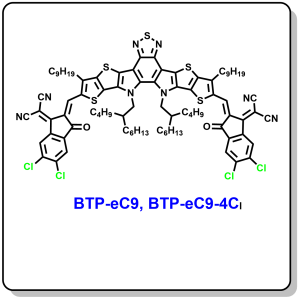
BTP-eC9, 2598965-39-8, NFA
Read more -
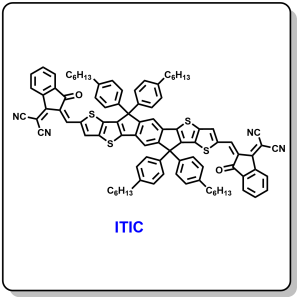
N5001-有机光电子非富勒烯受体小分子材料ITIC,1664293-06-4
¥1,400.00 – ¥8,800.00 Select options -
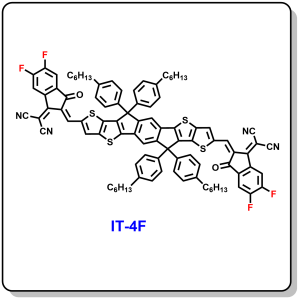
N5002-有机光电子非富勒烯受体小分子材料IT-4F,2097998-59-7
¥1,645.00 – ¥6,873.00 Select options -

N5003-有机光电子非富勒烯受体小分子材料IT-M
¥2,045.00 – ¥12,240.00 Select options -
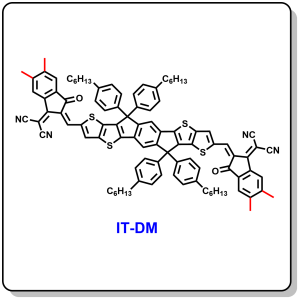
N5004-有机光电子界面层材料ITDM, IT-DM,ITIC-DM
¥2,208.00 – ¥11,500.00 Select options -
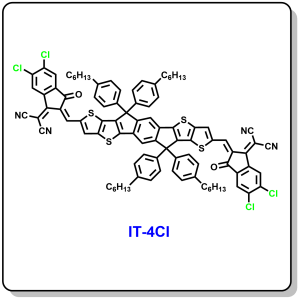
N5005-有机光电子界面层材料IT-4Cl,2253663-81-7
¥2,760.00 – ¥14,500.00 Select options -

N5006-有机光电子非富勒烯受体小分子材料IT-2F ITIC-2F,2416161-07-2-7
¥2,750.00 – ¥9,480.00 Select options -
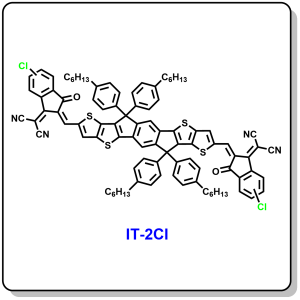
N5007-有机光电子非富勒烯受体小分子材料IT-2Cl
¥3,900.00 – ¥11,578.00 Select options -
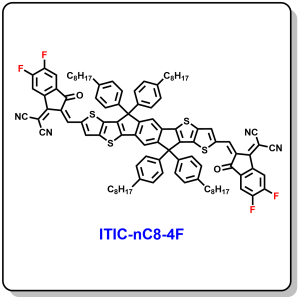
N5008-有机光电子非富勒烯受体小分子材料ITIC-nC8-4F
¥3,125.00 – ¥5,100.00 Select options -

N5009-有机光电子非富勒烯受体小分子材料ITIC-nC8-4Cl
¥3,125.00 – ¥5,100.00 Select options -
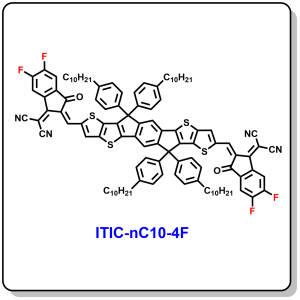
N5010-有机光电子非富勒烯受体小分子材料ITIC-nC10-4F
¥3,125.00 – ¥5,100.00 Select options -
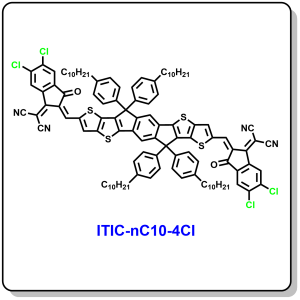
N5011-有机光电子非富勒烯受体小分子材料ITIC-nC10-4Cl
¥3,125.00 – ¥5,100.00 Select options -
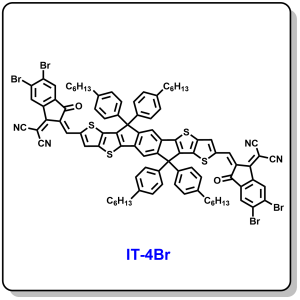
N5012-有机光电子非富勒烯受体小分子材料IT-4Br
¥2,500.00 – ¥10,800.00 Select options -
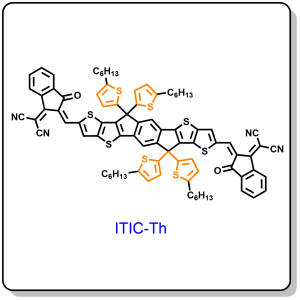
N5013-有机光电子界面层材料ITIC-Th,1889344-13-1
¥2,340.00 – ¥13,450.00 Select options -
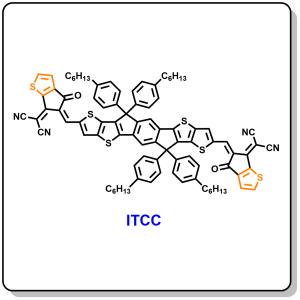
N5014-有机光电子非富勒烯受体小分子材料ITCC
¥2,800.00 – ¥15,500.00 Select options -
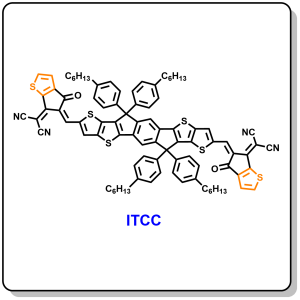
N5015-有机光电子非富勒烯受体小分子材料ITCPTC,ITTC,2099010-84-9
¥4,450.00 – ¥14,241.00 Select options
